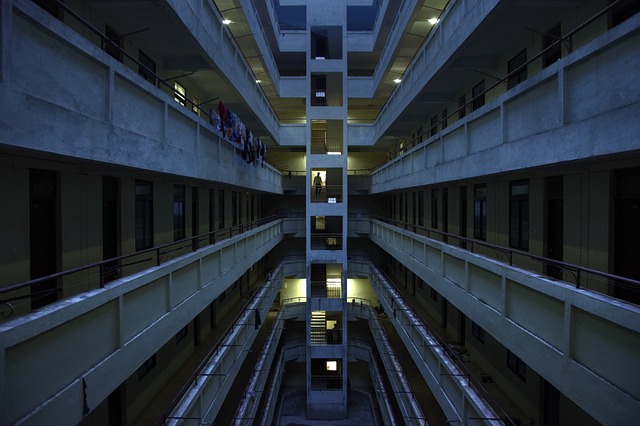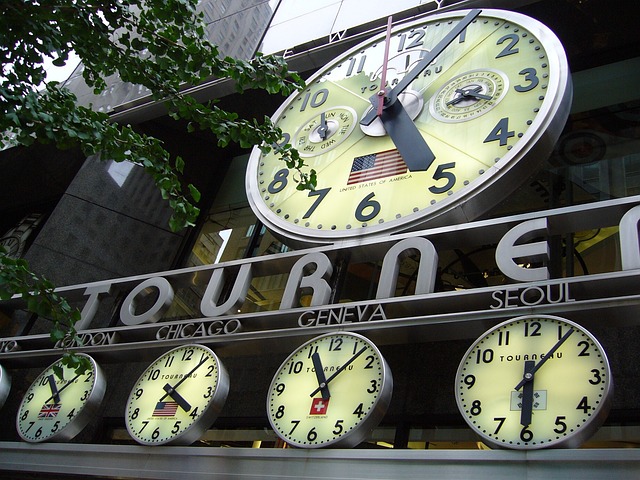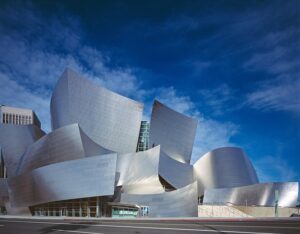Purpose of Reservation System
Ever tried booking a last-minute flight or snagging a table at a hot new restaurant? Frustrating, right? You’re not alone! The world’s buzzing with activity, and keeping track of everything can feel like a juggling act. That’s where the purpose of the reservation system comes into play. In an increasingly fast-paced world, reservation systems help streamline processes, ensuring both businesses and customers get what they need without the hassle. But what exactly does a reservation system do, and why is it crucial for various industries? Buckle up; we’re diving into the nitty-gritty of it all!

The Basics of Reservation Systems
Before we delve into the nitty-gritty, let’s break down what a reservation system is. At its core, it’s a tool that allows customers to book services or products in advance. This could be anything from hotel rooms to restaurant seats, or even concert tickets!
Types of Reservation Systems
- Online Booking Platforms: Think of sites like Expedia or OpenTable. They let you make reservations from the comfort of your couch.
- In-House Systems: Restaurants or hotels might have their own software to manage bookings directly.
- Third-Party Apps: Platforms like Airbnb offer reservations that tap into various hosts, making it easy for travelers to find unique places to stay.
Why Do We Need Them? The Purpose of the Reservation System
So, why do we really need reservation systems? The purpose of the reservation system is multi-faceted, touching on convenience, efficiency, and customer satisfaction. Here’s a closer look:
1. Streamlining Operations
- Efficiency: Businesses can manage their bookings in real-time, preventing overbooking and optimizing resources.
- Data Management: Reservation systems can track customer preferences and history, allowing businesses to tailor their services.
2. Enhancing Customer Experience
- Convenience: Customers can make reservations anytime, anywhere, which is a huge time-saver.
- Peace of Mind: Knowing you have a spot reserved alleviates stress, especially during peak times.
3. Boosting Revenue
- Increased Bookings: By allowing customers to book ahead, businesses can fill up their schedules more effectively.
- Upselling Opportunities: Reservation systems often allow for additional services to be booked alongside the main reservation, increasing overall sales.

Challenges of Reservation Systems
Of course, no system is without its hiccups. While reservation systems are beneficial, they can come with their own set of challenges.
1. Technical Glitches
Nobody likes when technology fails! System outages or glitches can lead to missed bookings and unhappy customers.
2. Miscommunication
Sometimes, different systems don’t sync up properly, leading to double bookings or lost reservations. This can frustrate both customers and staff.
3. Over-Reliance on Technology
While tech is a fantastic tool, relying solely on it can lead to issues if something goes awry. It’s essential to have backup plans in place.
The Future of Reservation Systems
As technology continues to evolve, so too will the purpose of the reservation system. Here are a few trends to keep an eye on:
1. AI and Personalization
Imagine a reservation system that remembers your favorite restaurant, automatically suggests menu items you’d love, or even tells you the best time to visit based on past experiences. That’s the future!
2. Seamless Integration
More businesses are looking to integrate their reservation systems with social media platforms. Booking a table from Instagram? It’s on the horizon!
3. Sustainability Efforts
With a growing emphasis on sustainability, businesses are beginning to adopt reservation systems that help manage resources more effectively, reducing waste and improving service.

FAQs About Reservation Systems
Q: How do reservation systems benefit businesses?
A: They streamline operations, boost revenue, and enhance customer experiences by allowing for efficient management of bookings.
Q: What industries utilize reservation systems?
A: Primarily, you’ll find them in hospitality, travel, events, and dining sectors, but they’re becoming increasingly popular in other areas as well.
Q: Are reservation systems always online?
A: Not necessarily! While many operate online, some businesses prefer in-house systems to manage reservations directly.
Q: What happens if there’s a technical failure?
A: Most systems have backup protocols, but it’s crucial for businesses to have contingency plans to handle reservations manually if needed.

Conclusion
In the grand tapestry of modern business, the purpose of the reservation system stands out as a crucial thread. It connects customers and businesses, providing a smoother, more enjoyable experience for everyone involved. As we look to the future, embracing the latest technology will ensure that these systems not only keep up with demand but also enhance the way we interact with services.
Share this content:









Post Comment